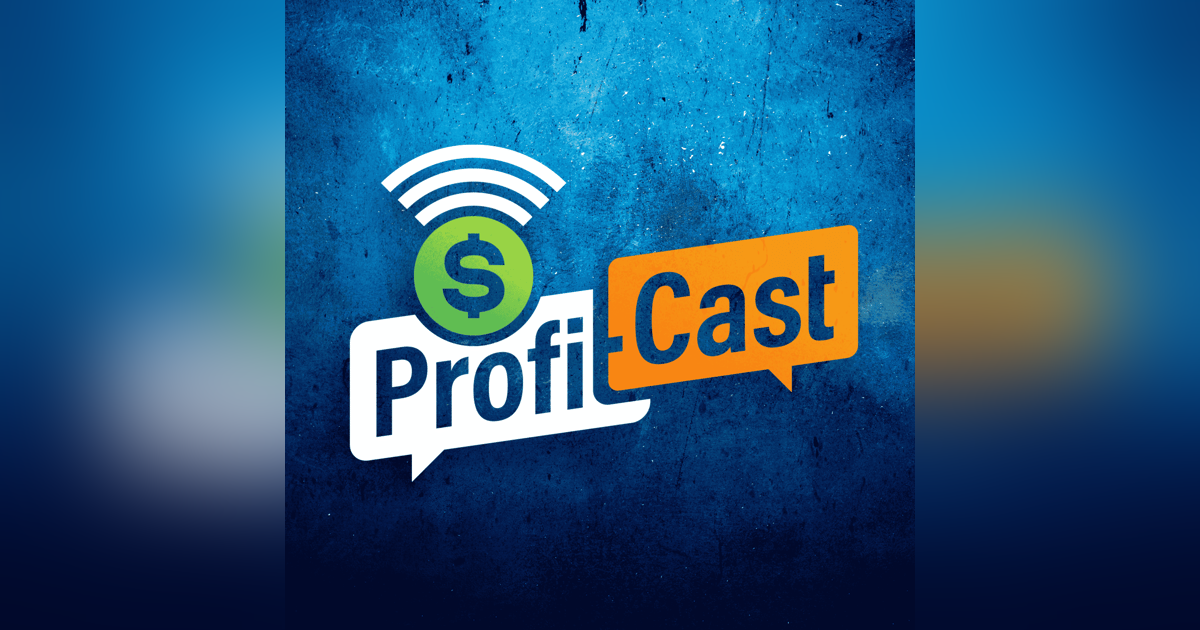56: Superheroes (and Super Podcasters) Super Niche!


Super niche, activate! I enjoy it when Brian goes with a superhero theme for an episode of Profitcast because it means that I can write about superheroes. I suppose I could always write about superheroes, but at least now it isn’t totally out of...
Super niche, activate! I enjoy it when Brian goes with a superhero theme for an episode of Profitcast because it means that I can write about superheroes. I suppose I could always write about superheroes, but at least now it isn’t totally out of left field. Several weeks ago I wrote about superhero origin stories and the similarities to a podcaster’s origin story, and in many ways this post will build off that same idealism. If you missed it, click here.
Whether you’re into the modern model of superheroes or not, don’t get hung up on the box office successes (and failures) that our culture loves to glorify. Think instead about the model of a superhero, or even just a hero. A person living in the real world with an extraordinary ability who feels drawn to make an effect on the world because X-Y-Z; at first their efforts are awkward or ineffective because they don’t know how to properly use their powers to effect the greatest change; as they settle into their powers and differentiate between allies and villains, they understand how best to control the skills they have in order to be the most successful.
As Brian emphasizes in this episode of Profitcast, and as we learned from Jason Van Orden last week, finding a super niche is the key to an origin story. Defining oneself in a narrow focus is important to gain credibility in a broader context. Brian uses the example of Tim Ferriss, who started out very, very specific, but as he gained credibility and gained a following it has enabled him to broaden the scope of the material he puts out, without running the risk of alienating his regular listeners. And likewise, when a new superhero comes on the scene, they aren’t immediately inducted into the Justice League of America or the Avengers. They have to prove themselves by holding their own and demonstrating how they can work as part of a team.
Interestingly, when Joe Shuster and Jerry Siegel were first developing Superman and were not having much luck selling him, one editor told Shuster: “The trouble with this, kid, is that it’s too sensational. Nobody would believe it.” I think this perfectly defines the problem for podcasters whose niches are too broad and they’re having trouble finding momentum. It isn’t impossible to have a broad niche, Shuster and Siegel proved that with Superman and his many powers, but it took a great deal of time. The first time they tried to sell Superman was in 1933, but they did not successfully launch their classic Superman character until the June issue of Action Comics in 1938. That’s 5 years of character development! But not just development of Superman. Shuster and Siegel became pros in the comic book world, gathering up experience through a series of low paying jobs for creating other comic strips.
Superman, when it finally made it to print, was an instant success. But the creators of said comic would likely not say their dreams for Superman were an instant success. It was five years of commitment, of rejections, of odd jobs, but all the while staying true to the ultimate goal for their prized character.
Before I wrap up here, take a step back and consider yourself not as the superhero, but as the civilian living in the same universe as a superhero. You are a citizen of Star City, where the Green Arrow protects the innocent and delivers justice to those who think they are above the law. What does the Green Arrow need to do for you to trust him? One theme the television show Arrow deals strongly with is the concept of who has the right to deliver justice. When the oppressed are fed up, do they have the right to take matters into their own hands? When a billionaire sees injustice, does he have the right to take matters into his own hands? We have a responsibility to those who we claim to serve, and the thing Oliver Queen has had to learn on Arrow over the last three seasons is that he cannot act independently of the law, nor can he disregard the city he serves.
Don’t just consider your super niche, consider how you need to fulfill a promise with that super niche to those listeners you want to count as your audience. Let your passion fill up that super specific niche, not insofar that you are a people pleaser, but that you use your passion to be pleasing.
PATREON
Would you please consider supporting Profitcast through Patreon? I would be ETERNALLY grateful! Thank you to ALL who have come alongside Profitcast through Profitcast Patreon
The foundation of Profitcast has been to pioneer techniques of turning passion into profit. Many podcasters have been successful with Patreon, and Brian hopes to provide meaningful insights and suggestions on how to launch your own campaign.
Links!























